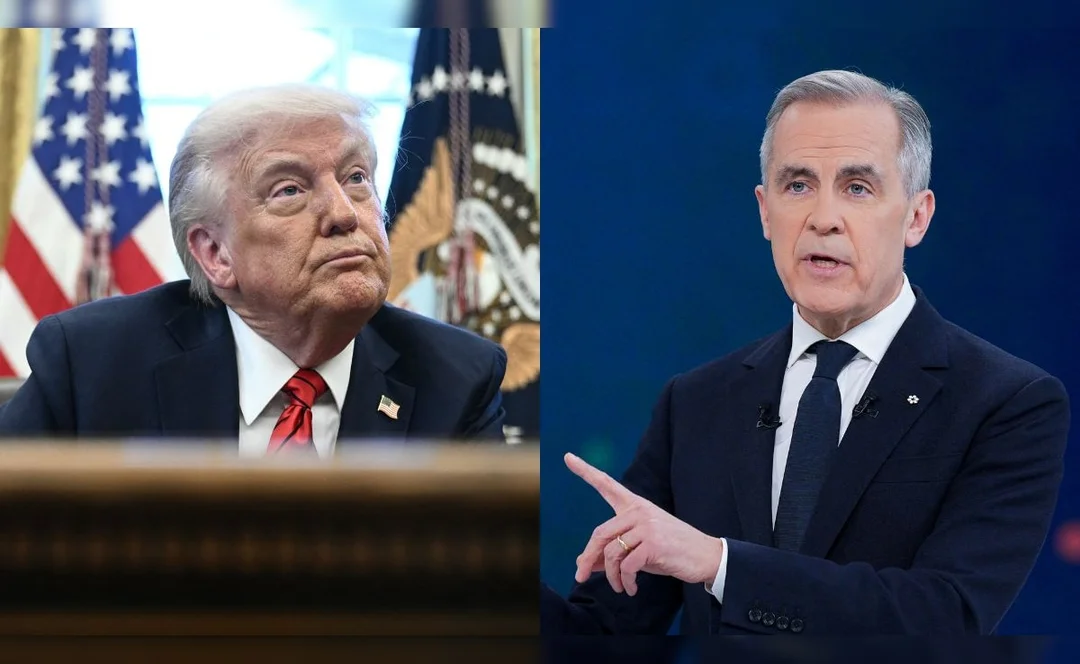
Can Canada Overcome Trump’s Trade Threat? Mark Carney Thinks So
In a heated debate that underscores the deep economic concerns facing Canada, Prime Minister Mark Carney has boldly stated that eliminating internal trade barriers will offer Canadians greater benefits than the limitations imposed by U.S. President Donald Trump's tariffs. As the nation gears up for the April 28 election, Carney's assertions are particularly salient in a climate fraught with rising tension in international trade.
During an English-language federal debate held in Montreal, Carney, who took over leadership from Justin Trudeau only a month ago, declared, "We are facing the biggest crisis of our lifetimes." His remarks are directed against Trump's tariffs, which have heavily impacted Canadian exports. Carney believes that by fostering free trade among Canada’s ten provinces and three territories—set as a goal for July 1—Canada can fortify its economy against external pressures.

Carney's assertion, "We can give ourselves far more than Donald Trump can ever take away," reverberates as a rallying cry for Canadians facing the threats of economic instability. He argues that Trump's trade policies represent a tidal shift attempting to destabilize Canada's economy for U.S. gain, saying, "They want our land, they want our resources, they want our water, they want our country." Such rhetoric has galvanized Liberal support amid growing Canadian nationalism.
Contrasting Carney's vision, Conservative leader Pierre Poilievre has put his efforts into making this election a referendum on the former leader Justin Trudeau, who faced challenges during his tenure, including rising food and housing prices. Poilievre claims that the Liberals, under Carney, remain adverse to the energy sector, suggesting that a Conservative government would roll back various regulations and taxes that he argues have stifled growth.

Recent polls have shown a notable shift in public sentiment. A mid-January survey indicated the Liberals significantly lagged behind the Conservatives, but in the latest results, they pulled ahead by five percentage points. This shift may be attributed to the backlash against Trump’s trade wars and a desire for renewed national autonomy, which Carney embodies in his campaign.
As Canada’s electoral season heats up, the divergence in policy platforms highlights not only the internal struggles within the nation but also the ongoing implications of U.S. trade strategy. With only days until the polls close, Canadians face a pivotal choice between maintaining the current trajectory under Carney's guidance or embracing a new strategy with Poilievre's Conservatives. Will Canada seize the opportunity for greater autonomy in a global economy dominated by competing interests? The upcoming election will reveal much.
What are your thoughts on Canada's trade strategy as the election approaches? Should Carney's vision of a unified Canadian economy prevail, or are the Conservative criticisms warranted? Share your opinions in the comments below!